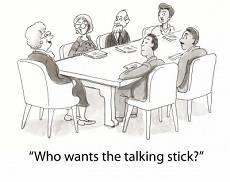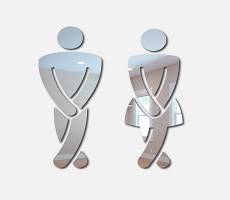August 28, 2013
Dull corporate offices with no “buzz” inhibit productivity, complain staff
Creating a dynamic and creative workplace is dependent on a number of factors; the office layout and design, the style of management and the wider company culture. Get these elements right and, says workplace consultants Morgan Lovell you hit the “Buzz Barometer” – a combination of a good atmosphere, energy and teamwork which encourages productivity and high levels of employee engagement. However, according to their recent research, three quarters (78 per cent) of employees say they would be significantly more productive if their workplace had more buzz. And worryingly for larger organisations, corporates are failing to match small company buzz, with four-fifths (81 per cent) saying SMEs offer a better working atmosphere than large companies.























August 27, 2013
Forget Gen Y – the future workplace is multigenerational
by Mark Eltringham • Comment, Flexible working, Knowledge, Legal news
(more…)